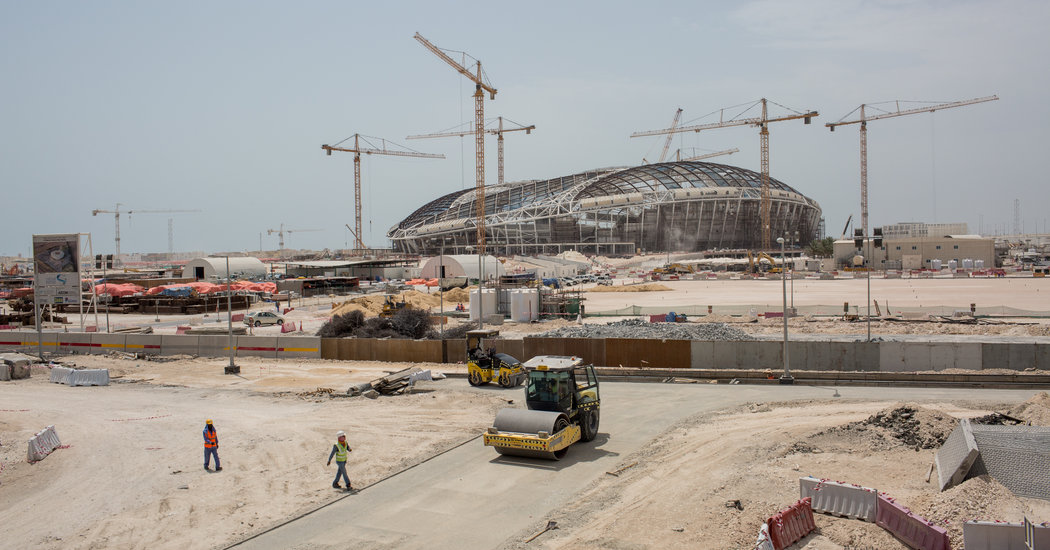
Getting a beer has never been easy in Qatar. But buying a six-pack will now set you back at least $26, thanks to an alcohol tax that went into effect on Tuesday.
Many countries have tried to regulate alcohol consumption by making drinking expensive. But Qatar, a predominantly Muslim country that has long had strict limits on the purchase and consumption of alcohol, has essentially doubled the cost overnight.
A 100 percent tax, calculated on the previous sales price, has been imposed on all alcohol imports, the country’s sole liquor retailer, the Qatar Distribution Company, told customers in a letter.
“All alcohol products imported into the State of Qatar will be subject to a 100% excise tax,” according to the letter, which was posted on Twitter by Stefan Ellerbeck, a journalist at Al Jazeera. “This will result in a 100% sales price increase per alcohol product.”
This brings the price of a 24-pack of beer to 382 Qatari riyals, or about $104, and a one-liter bottle of gin (roughly 33 ounces) to 304 riyals, according to news reports. The Qatar Distribution Company confirmed the price increase, but an employee declined to discuss specific prices on Tuesday.
The new prices apply only to foreigners living in Qatar who have valid permits to buy alcohol
Visitors who want an alcoholic beverage have limited options. The authorities confiscate alcohol at Doha Airport, and drinking in public is banned. A few bars in international hotels do serve foreign visitors, selling beers for around 50 riyals.
The price increases that went into effect on Tuesday are likely to be a delicate subject as Qatar prepares to host the men’s soccer World Cup in 2022, when a country of 2.6 million people will open its doors to an expected 1.5 million international visitors. Many have wondered how much Qatari society might bend to accommodate guests who view drinking as a central part of the World Cup experience.
Qatari officials have said that alcohol consumption would be more restricted than in other World Cups. They have suggested that some drinking would be allowed in designated zones, and that the country’s courts would deal more gently with visiting fans who consume alcohol than usual.
The tax increase seemed to be part of a push to clamp down on “health-damaging goods,” according to a statement released last month by the Ministry of Finance that did not mention alcohol. The new tax will increase the price of sugary drinks by half, while the price of tobacco, alcohol, energy drinks and pork will double, Walid Zidani, an employee of the ministry, said by phone on Tuesday.

